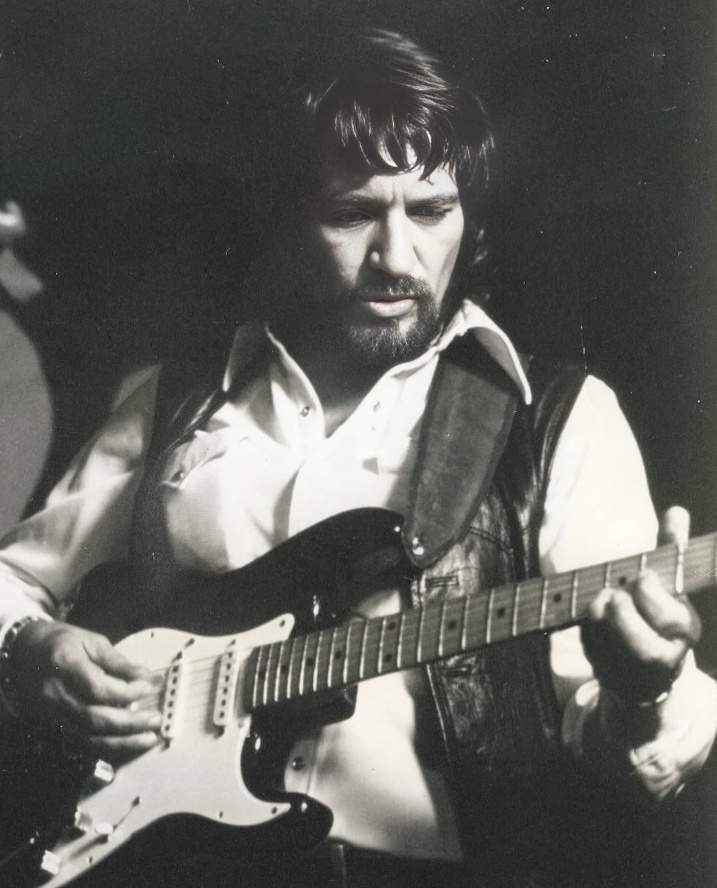
“Honky Tonk Heroes (Like Me)” is a cornerstone of outlaw country, a genre that challenged the polished sounds of Nashville in the 1970s. The song, released in 1973, is most famously associated with Waylon Jennings, a towering figure in country music. Jennings, known for his rebellious spirit and distinctive baritone voice, played a pivotal role in defining outlaw country alongside artists like Willie Nelson, Johnny Cash, and Kris Kristofferson. He achieved significant commercial success with numerous albums reaching the top of the country charts and earning him Grammy Awards and CMA Awards throughout his career. Jennings wasn’t just a singer; he was a storyteller, crafting narratives that resonated with a generation disillusioned with mainstream music.
“Honky Tonk Heroes (Like Me)” isn’t just a song; it’s a raw and honest anthem for the struggling musician living on the fringes. Penned entirely by Billy Joe Shaver, the lyrics paint a gritty portrait of life in honky-tonks, detailing the hard-drinking, hard-living experiences of musicians trying to make a name for themselves. The song speaks to the disillusionment, the loneliness, and the constant struggle for recognition that many artists face. It’s a celebration of authenticity and a rejection of the commercial pressures of the music industry.
The song wasn’t a chart-topping hit upon its initial release, but it became a cult classic and a defining track for Jennings and the outlaw country movement. Audience feedback has consistently praised the song’s honesty and its unflinching portrayal of the realities of a musician’s life. Many listeners relate to the struggles and the search for authenticity that the song embodies. It’s a song that resonates deeply with those who feel like they don’t quite fit in, cementing its place as a timeless anthem for the underdogs and rebels of the music world.